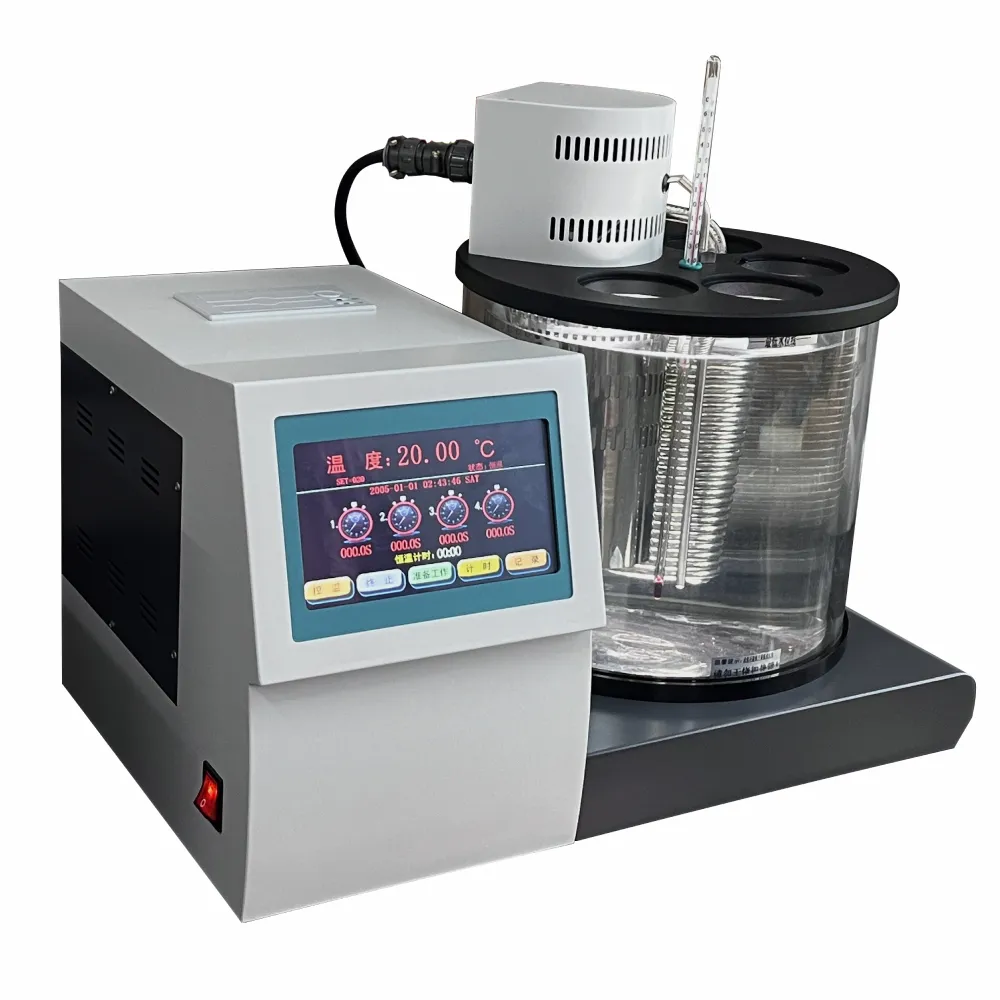 English
English


transformer oil testing lab
Transformers and the Importance of Oil Testing in Electrical Systems
Transformers are critical components in electrical power systems, responsible for the efficient transfer of electrical energy between circuits. Given their vital role in ensuring the stability and reliability of power distribution, maintaining transformer health is of utmost importance. One of the key aspects of transformer maintenance is the testing of transformer oil, a crucial element that plays a significant role in the operation and longevity of the equipment.
Transformer oil, typically mineral oil, serves several essential functions. It acts as an electrical insulator, cooling medium, and a protective barrier against corrosive elements. Over time, however, transformer oil can degrade due to environmental factors, electrical stress, and thermal aging. This degradation can lead to the formation of harmful by-products that compromise the oil's insulating properties and, consequently, the transformer's overall performance.
To mitigate these risks, regular oil testing is essential. Transformer oil testing labs employ a range of sophisticated techniques to evaluate the physical and chemical properties of the oil. Some of the most commonly performed tests include dissolved gas analysis (DGA), moisture content measurement, and furan analysis.
transformer oil testing lab

Dissolved Gas Analysis (DGA) is one of the most critical tests used to detect potential transformer faults. By analyzing the gases dissolved in the oil, such as hydrogen, methane, ethylene, and carbon monoxide, technicians can identify abnormal conditions within the transformer. For instance, increased levels of certain gases may indicate insulation breakdown or overheating, enabling early intervention before catastrophic failure occurs.
Moisture content is another crucial parameter, as the presence of water in transformer oil can significantly degrade its insulating capabilities. Elevated moisture levels can lead to the formation of harmful acids and accelerate the aging of the insulation materials. Regular monitoring of moisture content ensures that the oil remains within acceptable limits, thereby preserving transformer integrity.
Furan analysis, which assesses the presence of cellulose degradation products, offers insights into the condition of the transformer's insulation system. Elevated furan levels may suggest insulation aging or deterioration, prompting further investigation and potential remediation.
In conclusion, transformer oil testing is an indispensable part of ensuring the reliable operation and longevity of transformers in electrical systems. Regular oil testing not only helps to prevent unexpected failures but also facilitates the planning of maintenance activities, ultimately contributing to the overall efficiency and safety of power transmission networks. Establishing a proactive oil testing routine in transformer maintenance programs can significantly enhance operational reliability and reduce costs associated with unplanned downtime.
-
Differences between open cup flash point tester and closed cup flash point testerNewsOct.31,2024
-
The Reliable Load Tap ChangerNewsOct.23,2024
-
The Essential Guide to Hipot TestersNewsOct.23,2024
-
The Digital Insulation TesterNewsOct.23,2024
-
The Best Earth Loop Impedance Tester for SaleNewsOct.23,2024
-
Tan Delta Tester--The Essential Tool for Electrical Insulation TestingNewsOct.23,2024





